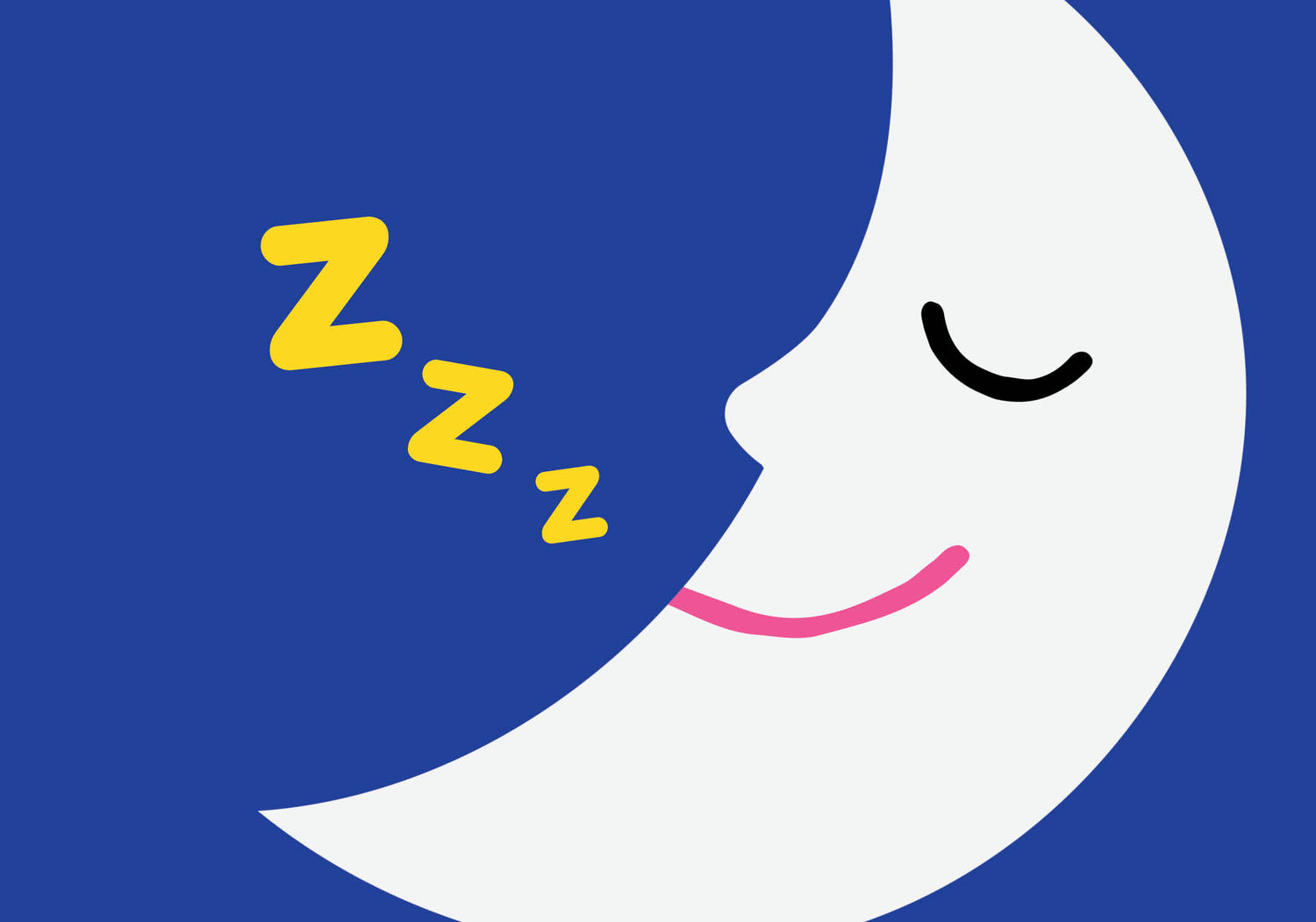
If your family is struggling with sleep, it can be tricky to know what (if anything) needs to change. Is it a developmental phase? Is it too much stimulation? Or not enough? Do you need to take 15 seconds off their morning nap and put them in a tangerine onesie and expose them to a half moon at precisely 7pm to make sure they sleep through the night?
Melissa Hays has some helpful suggestions. Melissa wears a lot of (cute) hats – she’s the founder of Cocoon & Cradle (offering breastfeeding and sleep support), she’s an International Board Certified Lactation Consultant (IBCLC), a holistic sleep coach, a paediatric nurse, a midwife, and a mum of three little humans.
And she’s sharing 20 of her go-to tips to help your kid (and you) enjoy more sweet zzzzs…
1. Expose them to as much broad spectrum daylight as possible.
2. Ensure they're not exposed to blue light from screens or bright bulbs at least two hours before bed.
3. Use bedtime as a time to reconnect.
4. Esure they get plenty of exercise each day (for really little ones this might be tummy time or time cruising furniture!)
5. Check they're not being woken by a really wet nappy. If so, a stealth change in the night is a good idea.
6. Ask for support! Meal trains, someone to hold the baby so you can shower, etc.
7. Know what is biologically normal for your child's age and developmental stage.
8. Optimise their diet – no sugar in the evening.
9. Create a consistent, calming bedtime routine that's neither too long nor too short.
10. Check they're not waking due to being too hot or getting cold in the early hours.
11. Ensure they have the right bedtime for them – this will depend on your family circumstances, culture, where you live and what time your child gets up.
12. Keep their love tank filled up. Connection at bedtime is good for this if you've been apart during the day.
13. Chat to like-minded parents.
14. Check for snoring/mouth breathing (not connected to a cold) – in which case seek medical advice.
15. Rest when you can and look after yourself, physically and mentally.
16. Check your child's bedroom for shadows/strange noises that may be frightening them.
17. Help to relieve blocked noses – nasal saline and humidifiers can be useful.
18. Check for evidence of allergies that may be affecting their sleep (eczema, environmental, etc).
19. Ease separation anxiety – there are some really lovely children's books such as The Invisible String that can help with this. Also having photos of family members near beds, (red) nightlights, and comfort objects.
20. Listen to your gut instinct. If you need more support, reach out to an expert.
Find more from Melissa here or on social @cocoonandcradle.





Comments